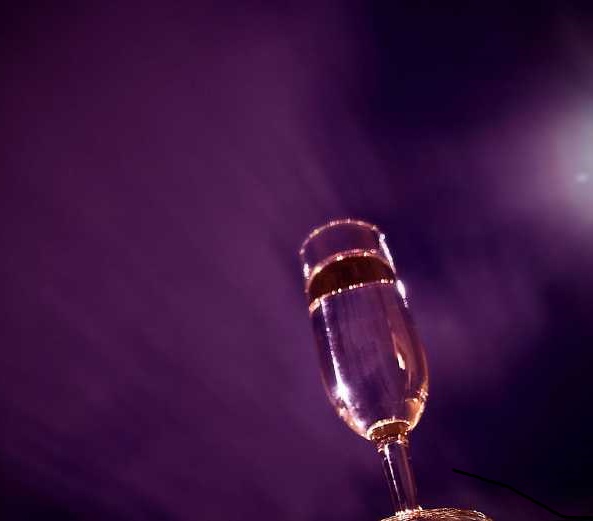FWP:
The verse has, amusingly, the tone of a medical prescription: something like 'Drink as much liquid as you can-- for a condition like this, hydration is beneficial'. The temperament is 'phlegmatic' in the sense of being dominated or characterized by 'phlegm', which is, in the classic Greek medical system, one of the four bodily humors. It is considered to be 'cold and moist', so that the adjective can refer also to 'coldness or dullness of character' or to 'coolness or evenness of temper' (Shorter OED, p.1571).
Nazm points out an entertaining ambiguity-- we can't tell which 'temperament' is being diagnosed. It could be the listener's (he's being told to drink 'hot' wine, after all); but it could also be that of the 'cool' moonlit night (for which 'hot' wine would be a suitable counterbalance).
Bekhud Dihlavi takes pii as the perfect form (with mai;N ne omitted). But his interpretation would require milii instead of mile ; I think he's just read the verse carelessly.
Presenting as a sober medical prescription an (astonishingly
convenient) injunction to drink lots of wine is delightful in its own right.
But an extra piquant touch is the thoughtful medical stipulation of the moonlit
night. For moonlit nights are classic times for drinking; on this see {97,13}
(which passes itself off as nostalgia, while still reporting continued wine-drinking).

Nazm:
That is, a moonlit night is cool, and why would my phlegmatic temperament not drink wine? Or this: that the character of a moonlit night is mar:tuub ['moist, humid, wet, damp; full of humours' (Platts p.1023)]. For this, to drink wine is advisable. (151)
== Nazm page 151